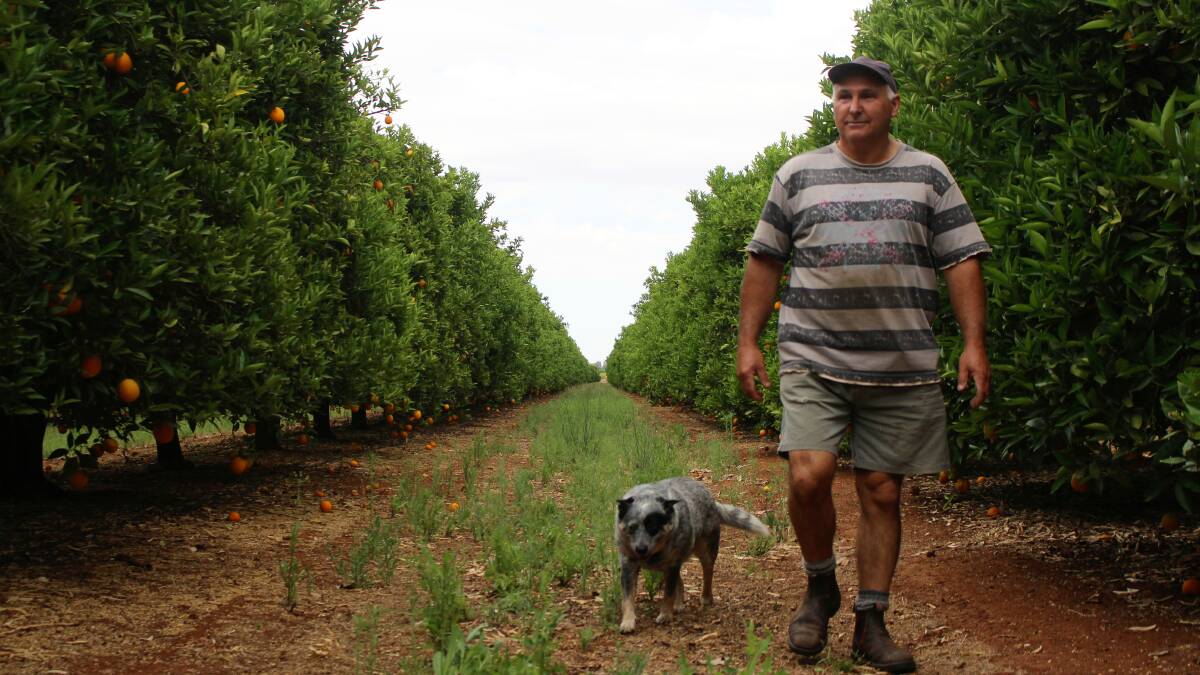Griffith residents have thrown their support behind news jobless Australians will soon be able to earn up to $5000 fruit picking and still keep their welfare payments.
Subscribe now for unlimited access.
$0/
(min cost $0)
or signup to continue reading
The bill, introduced by to parliament on Thursday, March 23, will see the initiative trialled for two years, from July 1 as part of changes announced in the mid-year budget review.
For Griffith’s agricultural industry, reeling from the uncertainty that plagued last year’s backpacker tax debate, a potential new crop of workers can only be a good thing.
The move has all the makings of a positive step for the horticulture industry says Hanwood citrus farmer Louis Sartor, but he is still waiting to see the fine print.
With a secure water market, good land prices, increased corporate investment and a perfect climate all in its favour – Mr Sartor said the horticulture industry in the region was in a growth phase, with the need for workers expected to rise.

“We don’t want to find ourselves where we were 15 years ago, where it was hard to find labour,” he said.
“Any interest by the government to put people into horticultural labour is one in a positive direction.”
However, Mr Sartor stressed the importance of the city having adequate infrastructure to meet the need for workers and was hopeful council could get on board and become more amenable to on-farm accommodation.
The initiative is a win-win situation for both halves of the equation, according to three-year veteran picker Sione Nosa who, after trying his hand at picking a few times, knows well how important the work is to some who are struggling.
“A lot of fruit pickers come with their families and they declare their income, sometimes they have to stop working – this way they can work a bit longer and help harvest the whole crop,” he said on Wednesday.
“Without enough workers growers can be struggling to harvest their crop, so this will benefit the growers as well as the workers.”
As someone who day in and out sees the need experienced by many caught in cycles of disadvantage, Griffith Neighbourhood House’s Barbara Penninga said it was a fantastic idea.
“Sometimes it is so good just to have that little bit of extra money to help you get over the line, so initiatives like this are fantastic, it just might help people to get out of there,” she said.
Ms Penninga said while people on welfare typically were there only for a short period of time, it didn’t exempt them from facing unexpected costs capable of trapping them in the system.
“We forget that people on welfare still have unexpected costs like going to the dentist and planning funerals and when things like that happen a lot of people end up in debt,” she said.


